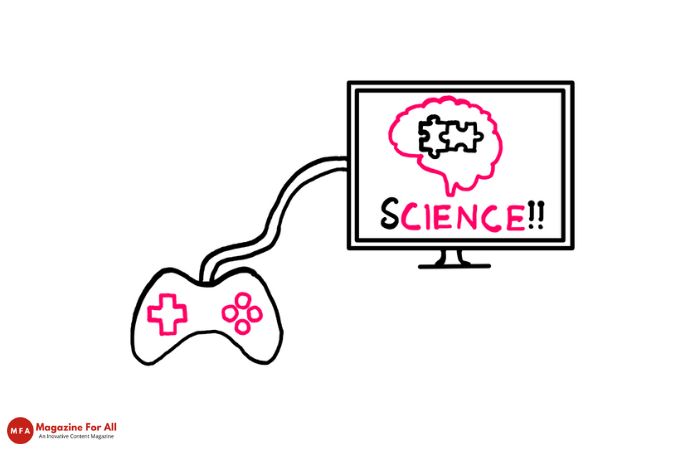
During early pregnancy, the fetus is already developing rapidly. Alcohol consumption could harm the developing fetus at any time during pregnancy — especially early on in the development process. Symptoms of fetal alcohol syndrome may include any mix of issues with how the body develops; thinking, learning and behavior; and functioning and coping in daily life. If you drank alcohol before you knew you were pregnant, stop drinking now and talk to your health care provider. When a pregnant woman stops drinking at any time during pregnancy, she decreases the risk of harm to her child. While some growth issues may improve, children with FASDs may have short height or developmental delays through adulthood.
- The beginning of fetal development is the most important for the whole body, but organs like the brain continue to develop throughout pregnancy.
- FASD can happen when alcohol in the mother’s blood passes to her baby through the placenta.
- Your doctor can help you decide which of these services are best for your child.
- A single episode of binge drinking, especially during the first few weeks of pregnancy, can lead to FAS.
- You can learn more about the diagnosis process in the Australian Guide to the Diagnosis of FASD.
- FASDs are caused by alcohol use at any time throughout pregnancy.
Table of Contents
Whole-Body Effects of Fetal Alcohol Syndrome

But since the alcohol is no longer available, the baby’s central nervous system becomes over stimulated, causing symptoms of withdrawal. Alcohol withdrawal may begin within a few hours after birth, and symptoms may last up to 18 months. It’s best to not drink alcohol when you’re planning a pregnancy, as well as when you are pregnant. If you’re a heavy drinker, reach out to a doctor for support. Other helpful resources include Alcoholics Anonymous (AA) and the Substance Abuse and Mental Health Services Administration (SAMSHA). It’s important to understand that FASDs can result from occasional drinking as well.

When to consult a doctor
In some cases, your healthcare provider might be able to diagnose a child with fetal alcohol syndrome at birth based on small size and specific physical appearance. However, diagnosis of fetal alcohol spectrum disorders can be difficult. FASD may present in childhood or early adulthood with mild social or intellectual concerns, or it can present with birth defects and growth problems during pregnancy. Fetal alcohol spectrum disorders (FASDs) are a group of conditions that can occur in a person exposed to alcohol before birth. These conditions can affect each person in different ways and can range from mild to severe.
Lifestyle Quizzes
Damage can be done in the first few weeks of pregnancy when a woman might not yet know that she is pregnant. People with FAS may have problems with their vision, hearing, memory, attention span, and abilities to learn and communicate. While the defects vary from one person to another, the damage is often permanent. Receiving treatment as soon as possible in childhood can help decrease the likelihood of developing these secondary effects in life. Fetal alcohol syndrome isn’t curable, and the symptoms will impact your child throughout life. However, early treatment of some symptoms can lessen the severity and improve your child’s development.

What can I do to prevent FASD in my child?
- People with fetal alcohol syndrome have a life expectancy of about 34 years.
- FAS is the most severe fetal alcohol spectrum disorder (FASD), a group of conditions caused by PAE.
- Treatment focuses on controlling the symptoms of the condition.
- Their learning and behavioural challenges are often mistaken for other disorders or problems.
- While the defects vary from one person to another, the damage is often permanent.
If you’re pregnant and struggling with an alcohol problem, talk to a midwife or doctor. This usually involves physical examinations and blood tests to rule out genetic conditions that have similar characteristics to FASD. Speak to a GP or health drunken baby syndrome visitor if you have any concerns about your child’s development or think they could have FASD. FASD can happen when alcohol in the mother’s blood passes to her baby through the placenta. Experts explain that diagnosis may involve a team of doctors and other professionals and may include a neuropsychological exam.
These can be a good source of advice and they may be able to connect you with other people in a similar situation. Your child may be referred to a specialist team for an assessment if there’s a possibility they have the condition. There’s no cure for FASDs, but early treatment can help your child thrive.

What Is Fetal Alcohol Syndrome?
There can also be mental and emotional challenges throughout the person’s life that can impact their social life, education and work. You may be heroin addiction familiar with a condition called fetal alcohol syndrome (FAS). This syndrome is part of a broader group of conditions called fetal alcohol spectrum disorders (FASDs), which can be caused by alcohol use during pregnancy. FAS is a long-term disability that affects children from birth. It occurs when a fetus becomes exposed to alcohol during pregnancy. Early detection and treatment can help children learn vital skills and improve their chances of being able to live independently as adults.































































